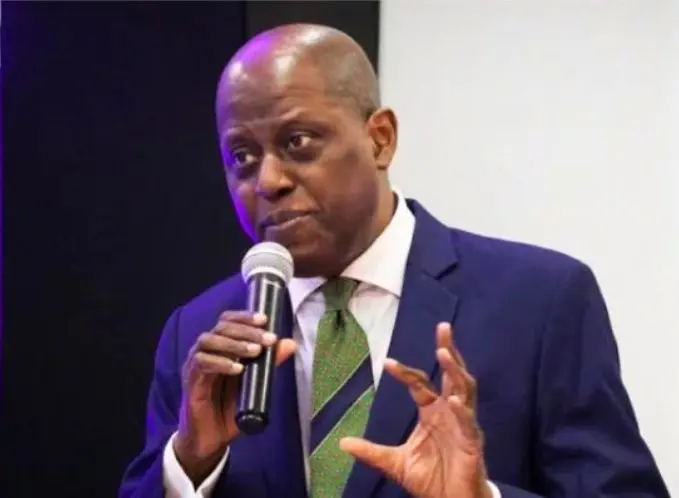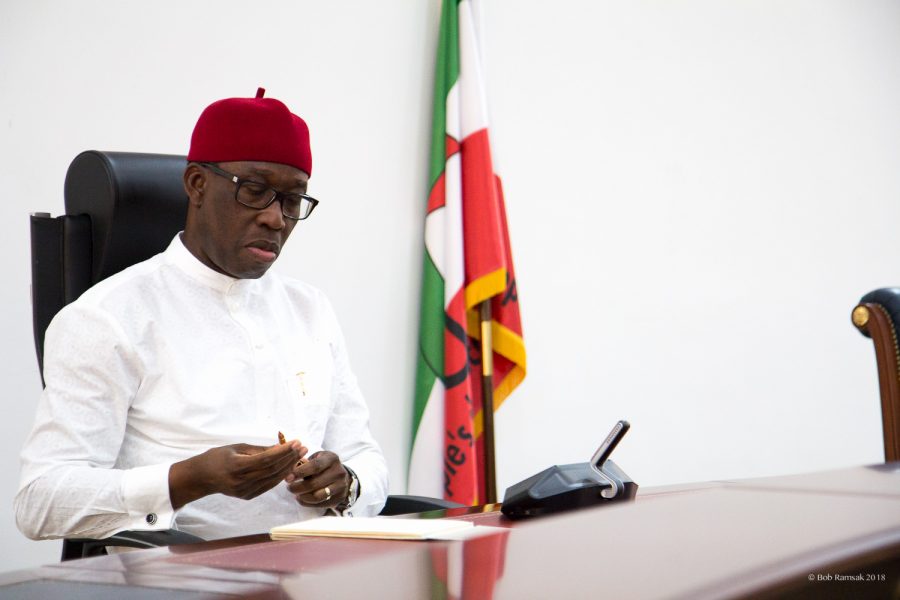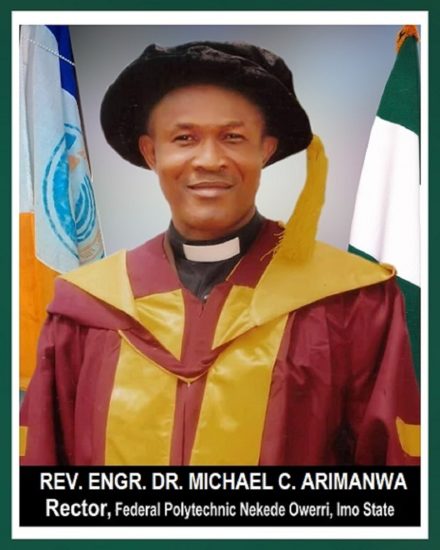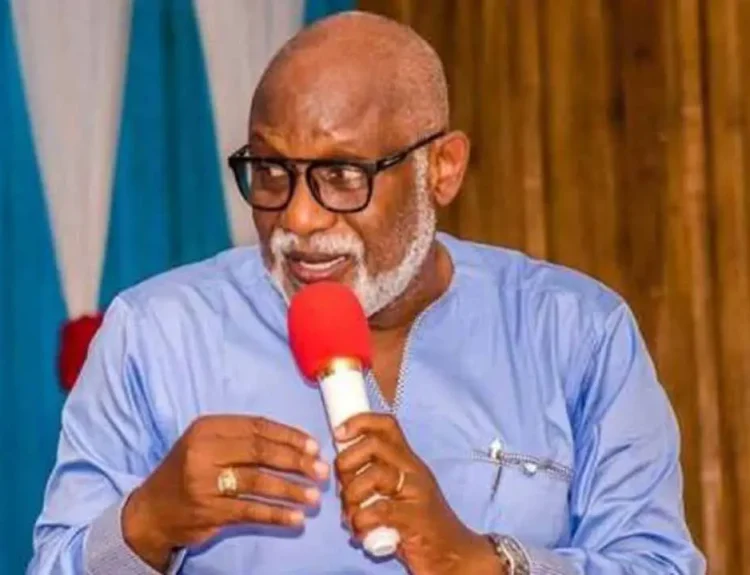“As far as I am concerned, under my leadership, we will not be hijacked by anybody. The idea is to ensure that we do what is right, when it is right and how it is right. We’ve seen what the effect of not doing the right thing has been; and we do not intend for that to be repeated.”
Governor of Central Bank, Olayemi Cardoso.
Talk is cheap; and careless talk can be extremely expensive when uttered by top government officials. Who could have guessed on May 29, 2023 that “subsidy is gone” would have created so much disruption to our economic and social lives as we are experiencing now. Yet, the declaration was widely applauded the day it was made.
So, why is an idea broadly supported causing sleepless nights and forcing the Federal Government into making so many desperate policy decisions and still getting booed for each one? The answer will come later. But, first, we need to address the promises made by the new CBN Governor – because, though he might not realise it, his conviction will be put to the test much sooner than he realises. Cardoso already has my sympathies as I shall soon explain. But, it is a fact that the CBN has never been in such a terrible mess since its creation.
THE TEST OF COURAGE
“Courage is the greatest of all human attributes.” Ernest Hemingway, 1891-1961
That it is easy to be brave when danger is remote; to be honest when temptation is far and to be independent when there is no pressure has already been demonstrated throughout history.
Since, Cardoso is a Christian, I would like to remind him of that “courageous man”, known in the Bible, called Peter, who promised to stand by the Lord till the end; only to turn round and deny his Master three times before a cock raised its beak twice.
The CBN Governor has made a courageous and open declaration – which, to the best of my knowledge has been made only by him among all previous CBN Governors. Until now, there was never any doubt that the CBN would not be hijacked by anybody.
It was generally taken for granted that the CBN would accommodate the FG as much as possible, but, it would ensure that the thin but firm line separating the Executive branch and the monetary authorities are not breached. To the best of my knowledge, not even during Abacha’s draconian regime was the CBN recklessly raided under Dr Paul Ogwuma, 1993-1999.
I have explained in another article that Abacha’s loot was not taken from CBN; Ogwuma would not allow such grand larceny. Abacha made his billions by authorising loading and export of crude oil without payment to the Federation Account. I met one of the co-conspirators in Portharcourt some years ago. Despite the sometimes monumental mistakes which drained the CBN, all former CBN Governors have kept the place honest until the last eight years.
It is almost always true that an accident which has occurred in one place can re-occur again under certain circumstances. The declaration of determination to operate a totally professional CBN, by Cardoso, is already being put to the test by the situation in which the Tinubu government finds itself and how it has desperately attempted to deal with them.
DESPERATE FG NEEDS FUNDS BADLY
“There are no desperate situations; only desperate men.”
Joseph Goebbels, 1897-1945.
Goebbels was Hitler’s Chief of Propaganda; and he uttered those words in the dying days of Hitler’s rule – when everything was becoming unravelled. Despite the dissimilarities between a government nearing its end in 1945 and one just beginning in Nigeria in 2023, one thing unites them – decisions made under duress, promises made which to objective observers cannot be redeemed; and the tendency to operate only in the short term. Even then, programmes and projects are announced without appropriate costing of the spending implications and how to raise the funds to execute them. Finally, because they were ill-considered before announcement, they generally have been just as hastily revised each time there has been widespread negative reactions to them.
By any objective measure, the palliatives programme first announced is in shambles. Very few Nigerians now expect to receive anything.
The Independence Day pronouncement by President Tinubu, is another example. But, because this article is not an exhaustive analysis and commentary on the entire package, I only want to point to the ways in which a few of those additional benefits might result in the first clash between the FG and CBN; how the demons they will unleash will place the CBN in several dilemmas at once. To be candid, Tinubu’s declarations will need a great deal of clarifications; in order to fully understand what is actually being promised and who the intended beneficiaries of the payments are.
For instance he used the words “workers” and “low income” without defining them. Is the driver of bus from Abuja to Lagos a worker or not? If yes, who will pay him the allowances? Is the Nursery/Primary School Teacher a worker or not? If yes, who will pay her the allowances? For God’s sake, am I not a worker? I work harder than most Civil servants 24/7. Who will pay me? The FG, States and Local Governments employ two million people out of about 81 million who work every day. So, let us start from there to interrogate the offers made.
Simple arithmetic would suggest that just to pay the N25,000 first announced for low-grade workers, who constitute about half of Federal public workers alone, would add at least N25bn to the monthly payroll. It has now been reversed to N35,000 per person, for two million
workers or N70 billion, every month; with 15 million vulnerable households now adding N120 billion per month to the proposed bill. Altogether, we might be expecting about N300bn to be added to the FG wage bill every month for six months. Bearing in mind that the FG under Buhari for the past eight years had been borrowing to pay salaries, the obvious question is: how will Tinubu obtain the funds to fulfill his new set of promises? But, before that question is answered, there is a need to take a diversion into the nature of presidential promises – in order to understand where we are headed.
PRESIDENTIAL POLITICAL PROMISES
“The woods are lovely, dark and deep But, I have promises to keep And miles to go before I sleep Robert Frost, American poet, 1874-1963.
US President John Kennedy, 1917-1963, included this piece about promises in his inaugural address in January 1960. Seven years later, as a third year undergraduate in the US, I was enrolled in a full year course on American Presidency.
I wanted to know what the most powerful men on earth do, how they do it and what is common about their functions.
In my project at the end of the course, I discovered that Presidents, irrespective of nation and time, are factories for manufacturing promises, sometimes under pressure, many of which would not be fulfilled.
Furthermore, some of the promises actually redeemed can actually produce unintended consequences.
I read inaugural addresses of six American Presidents; and for comparative analysis took on three British Prime Ministers.
It became clear to me that whether a President or Prime Minister is reading the annual budget, or the independence day address or answering impromptu questions from reporters, almost invariably a promise is made; sometimes more than one.
I also discovered that a President is more likely to make more promises when newly elected and before he has a full grip on the government. Most of the monumental problems nations face stem from promises hastily made by new leaders. The populist leaders generally are apt to commit their nations to enlarged expenditures than the nation can afford; and they turn nasty and dictatorial when their economic policies fail.
Almost invariably, the Central or National Bank and its Governor bear the brunt of failed promises as they come increasingly under pressure to continue to devalue currencies until they become “tissue paper”. Tissue paper was what a late Governor of the Bank of Uganda called the currency during General Idi Amin’s regime; and literally lost his head for it. We have seen the same scenario repeat itself in Lebanon and Venezuela in the last twenty years.
Yet the gradual slide from a relatively strong currency to “tissue paper” starts with one step; followed by another small step, and another one – unless the Governor of the Central or National Bank stands firm. But, that often comes at a risk. We didn’t go from N180/US$1 in 2014 to N1,000/US$1 today by accident and in one day. Nothing stops us from reaching N2000/US$1 by this time next year. The same pattern of promising more than can be prudently delivered is still in place. Buhari is gone; but, the ghost of Buharinomics lingers.
Let me now return to the question: where will Tinubu get the money to redeem his pledges to “low-grade workers” and the 15 million additional vulnerable households?
WHAT NIGERIANS SHOULD EXPECT – FOUR TAKEAWAYS
Politicians’ promises are like huge ice blocks – made to be broken. That being the case, these are few takeaways for Nigerians after the negotiations between FG and Organised Labour which readers must remember.
First, Labour leaders are not negotiating for ALL workers. They represent their members who constitute a small minority of workers. So, be careful when they call for a strike. It might not be in your own interest to join them.
Second, the FG wanted to avert a strike at this time because FG staff are needed to prepare the 2024 Budget. They were willing to make a lot of non-binding concessions to keep their people reporting for work.
Third, and very important, is the fact that not all the promises will be delivered. Where are the palliatives?
Fourth, if delivered, the net result will be higher inflation, up to 30 per cent, higher interest rates by the CBN and higher exchange rate. In fact, the total package has just made it more difficult for the CBN to fulfill its core mandates – moderating prices, stabilising the currency and promoting full employment. Increasingly, with each giveaway announcement by the FG, the two organs are becoming like parallel lines that will not meet.
THE CURRENT NIGERIAN SITUATION CALLS FOR CAUTION
“The road to hell is always paved with good intentions”; as some of us old enough should now realise. It is now obvious to everybody that President Tinubu had not thought deeply about the likely repercussions of announcing that “subsidy is gone” – as well as the intention to harmonise exchange rates before making the announcement. Benefits, now appearing elusive were promised. Instead, the negative reactions set in first, as I knew they would. Fuel prices jumped through the roof and other prices followed. At the same time, reforms in foreign
currency management and allocation drove the former “elites of elites” who had favourable access to foreign currency to the parallel market and drove the rates up. Paradoxically, the FG, States and Local Government suddenly were receiving more naira allocation as the rates went up. Last month a record N1.1trn was shared by the three tiers of government. Now, although they will not publicly admit it, Governors don’t want the exchange rate to come down. Quite the contrary; they want the rates to keep going up because that is the only way they can pay their workers the new allowances Tinubu has tentatively agreed with Organised Labour without thinking of how to get the money.
The FG and most of the States are broke; largely because the revenue generated from crude oil exports is less than 70 per cent of budget. Additionally, with or without subsidy, Nigeria is still spending virtually all its oil revenue importing fuel. Value Added Tax, VAT revenue has gone up considerably; but, not sufficiently to help pay the additional bill. Corporate and personal taxes, except in the banking sector, are stagnating. So, where will the money come from to fulfill all the promised new allowances?
The answer, I am afraid to say, is the Central Bank of Nigeria; which is the lender of last resort. The FG has the constitutional right to request for a bail out through Ways and Means, W&M, operations. FG will certainly approach CBN for some money. But, how much? There are statutory limits regarding how much the CBN can advance. From the figures available to me, Tinubu has promised a lot more than CBN can legally provide. The alternative is to borrow using various instruments. Unfortunately, Nigeria, under Buhari, has borrowed enough for three administrations before departing. Few lenders will want to line up to offer loans to a country using 90 per cent of its revenue to service debt.
My fear is that the new Governor of CBN and the Deputy Governors might be facing a tough dilemma very soon. They will have a choice between demonstrating gratitude to Tinubu and allow another round of W&M abuse or stand firm and be totally professional.
If they decide to be professional, then, most of the promised allowances will not be paid; because the FG has not got the money to pay. Tinubu would simply have bought more time to think of a permanent solution by giving Organised Labour and the designated beneficiaries another politician’s promise — which is often the same thing as dud cheque.
Mark my words; a good percentage of the allowances promised will not reach the recipients. Instead of money, we should expect the propaganda machine to start moving; in order to convince us that all the promises have been kept.
P.S. There is a hint about the likely direction of exchange rate in 2024. Wait for the forecast in December.







2 Comments